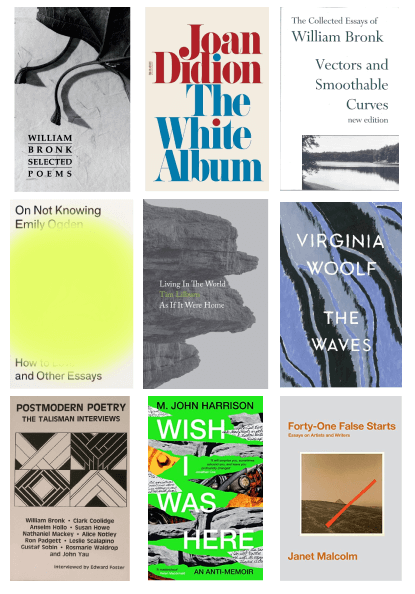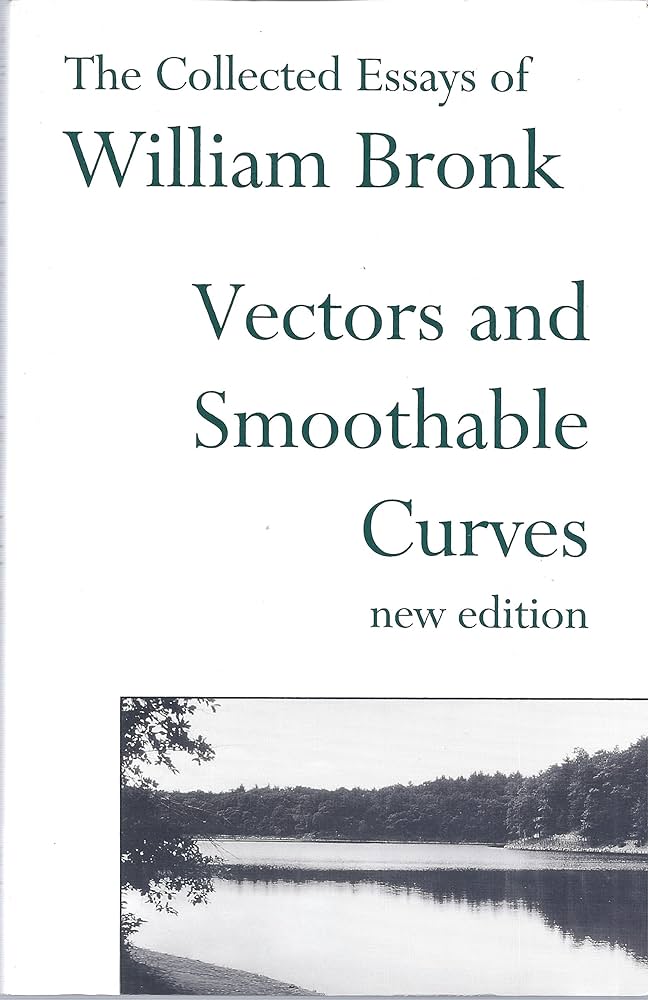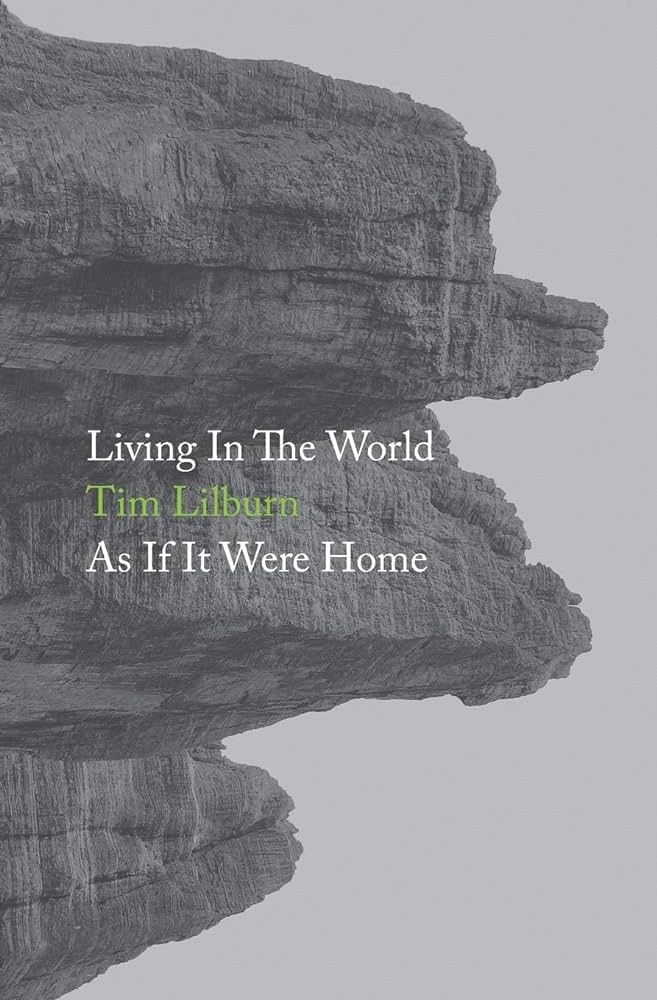Summer 2023 | Read & Reviewed
Spring 2023 | Read & Reviewed
2022 Favorite Books & Other Writing

William Bronk (postmodernist American poet) wrote: “Change is so important a part of experience as to be almost all of it. It is almost so that experience is the impression of change, And change is the essence of time.”
In September, a lot changed as I moved to London. My sense of time expanded and collapsed and expanded again. A motion of waves. A sea change. Seeing a period of 30 days last longer than another of 90 days makes one suspicious of the linearity of time.
The first two weeks in London were uprooting, to say the least. How precarious life can suddenly feel in a new country.
Once the derangement is complete, one is free to rebuild a new city on the previous one’s ruins. My Creative Writing MA has started, we have moved to a loft at Hackney, I have signed two new work projects. My debut novel continues to progress, slowly but steadily having to compete with lists and piles of all the great literature already written.
Finally, I’m in a city where people speak the same language as I can speak; where laptops are allowed in cafes; where each week we attend a new exhibition opening (Gray Wielebinski at ICA) or a reading (Marie Darrieussecq and Brian Dillon at Libreria) or a concert (Manchester Collective performing Reich’s Different trains at the Southbank Centre).
Being a stranger doesn’t feel strange for long.
(For more personal meanderings, sign up for the newsletter.)
Books read in September 2023:
- Vectors and Smoothable Curves by William Bronk | 5/5
- Selected Poems by William Bronk | 5/5
- 41 False Starts by Janet Malcolm | 5/5
- Postmodern Poetry: The Talisman Interviews | 5/5
- Writing by Marguerite Duras | 2/5
- Wish I Was Here by M John Harrison | 4/5
- On Not Knowing by Emily Ogden | 3/5
- Words Are My Matter by Ursula K. Le Guin | 2/5
- The Waves by Virginia Woolf | 5/5
Partly read:
- Living in the World As If It Were Home by Tim Lilburn | 5/5
- Eternity’s Sunrise by Marion Milner | 3/5
- On Not Knowing by Emily Ogden | 3/5
- Flâneuse by Lauren Elkin | 3/5
- Walking in Berlin by Franz Hessel | 2/5
- “A Sketch of the Past” by Virginia Woolf | 5/5
- “The White Album” by Joan Didion | 5/5
- “Against Narrativity” by Galen Strawson | 3/5
- The Long Form by Kate Briggs | 3/5
- “Long Note on New Narrative” by Robert Glück | 4/5
Stories, essays + poetry + all else
- #essay | “The Function Of Criticism at the Present Time” by Merve Emre, via Vinduet
- #story | “Stay” by Claire-Louise Bennett, via the LRB
- #concert | Manchester Collective playing Reich’s Different Trains, at the Southbank Center
- #cinema | Orlando (1992)
- #art | Yayoi Kusama’s Infinity Rooms, at Tate Modern
- #art | The Rosettis, at Tate Britain
Book reviews
Vectors and Smoothable Curves by William Bronk
I am terrible at reading poetry, I can’t. My mind goes blank and all I see is words; no lines, no meaning. But since two of my recently favorited authors (I like their prose works) – Ben Lerner and Kay Ryan – mentioned William Bronk as an influence, I knew this was an author to read.

Vectors and Smoothable Curves is a book of essays, and a curious one at that. Bronk, both in his prose and poetry, is preoccupied with the notions of ‘world’ and ‘reality.’ What he’s essentially saying is that there is a world (a reality) and a single right way to see and experience it. But this is not the one we see and experience. And this is the source of our unquenchable yearning for truth and understanding.
Under the charm of Bronk’s philosophy, I read some of his poems and all the interviews I could find. That’s how I came across Postmodern Poetry: The Talisman Interviews which opens with an interview w/ Bronk and includes other fascinating stuff. Poets and writers were onto subjects much deeper, I recall myself thinking while half-failing to follow the extraphilosophical conversations.
Some passages from Vectors and Smoothable Curves:
“The human situation seems less a come-as-you-are party than a party to which we are bidden to come as our favorite character and though we are sometimes cheap or shy, we do fairly well.”
“We are in the real world as ghosts are in this world, of doubtful being, almost impalpable. The matter of the real world passes through us and we pass through the matter of the real world though, so to speak, neither is material, materiality being a concept of this world which we wrongly extend to areas where it has no bearing for support. To speak of us as real or to speak of us as material is not, in effect, to speak of us for it is to speak of something we are not.”
“And we are in the real world however ghostly our existence there may be. There are times when this world seems in some way related to reality and resemble it. … Or the link may be a projection without conforming, like the relation between an airplance and its shadow on the earth, which in following the lateral, or better, circumferential flight of the plane, goes up and down with the contours of the ground, or glides level across the water though the plane climbs or descends. There are infrequent occasions.”
“We are in the real world as nothing in ourselves, as a skin on that world, as a network of nerves, an awareness not of ourselves but of that world, even as though we might be that world’s awareness of itself. In this act of union, the self is shed like an exoskeleton and we lie so close against the real world our identity lies there.”
Living in the World As If It Were Home by Tim Lilburn
“I do this [use language] not to be hidden but to touch what now appears to be out of range.”
The book-length prose poem (or poetic prose?) by Tim Lilburn resonated particularly well after having read the world-essays by William Bronk.

The limits of language, the limits to what can be expressed in words. But also, the limits to what can be humanly experienced.
“What is the source of this impulse to colonise the world physically, bending otherness into human forms?” Lilburn asks, echoing a question I have been exploring in my own recent writing: on what grounds can we humans claim that we know what an animal sees, feels, or senses?
The constant need to name, to control, to own. For what? Are we happier for that? Or would we be living in a healthier world if we had stopped at some point the effort to bend the whole world and its creatures to our will?


